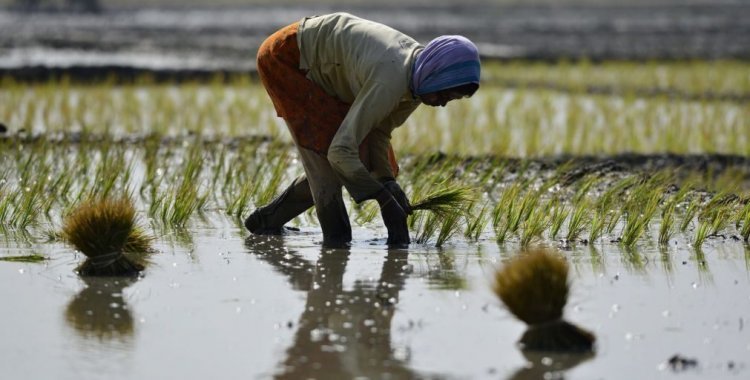The said investigation is being carried out in partnership with the Federal University of Lavras in Brazil, according to João Saraiva, general director of the company, who, speaking to Angop, added that the experience of tropical varieties of the referred cereals from Brazil is is already being carried out, in order to analyze which ones are most suitable for pests and diseases, as well as the climatic conditions of the country that influence these crops.
The official, quoted by Angop, also explained that after recognizing the functional genetic material, specific varieties will be created for the country and seed reproduction actions will start in the said provinces (rice – Malanje and Moxico; wheat – Bié).
In addition, the director general of the company said he believed that with Planagrão and the sectoral projects, within the framework of family farming, sustainability will soon be achieved and the country will lose dependence on imports of maize and reindeer potatoes, writes Angop.
He also mentioned soy, recognizing that replacing its export in a short time will be more difficult to achieve, as well as wheat, given that the country's consumption is "very high", but will reach half (50 percent) the burden of supplying the country over time, writes Angop.
With regard to rice, João Saraiva indicated that it is one of the most difficult investments since one has to have production beds, as well as costly investments in irrigation systems, despite the fact that this product is still imported a lot, being a situation that may change in the time horizon of between 15 and 20 years.
The official also expressed a willingness to achieve soy sustainability in a decade, while the deadline for maize was indicated between two to three years: "We want to achieve our soy sustainability in ten years, maize within two or three years, wheat is a new crop and we want to bring new varieties, there is specific technical work that must be done at the level of promotion, research and structured area", he said, quoted by Angop.
The total replacement of imports is almost impracticable, he admitted, referring that they will ensure a considerable replacement of imports, and with efforts Angola will be able to replace half (50 percent).
He also showed that for this to happen quickly, they are carrying out the survey and establishing partnerships to work and, a posteriori, expand to other provinces, writes Angop.







